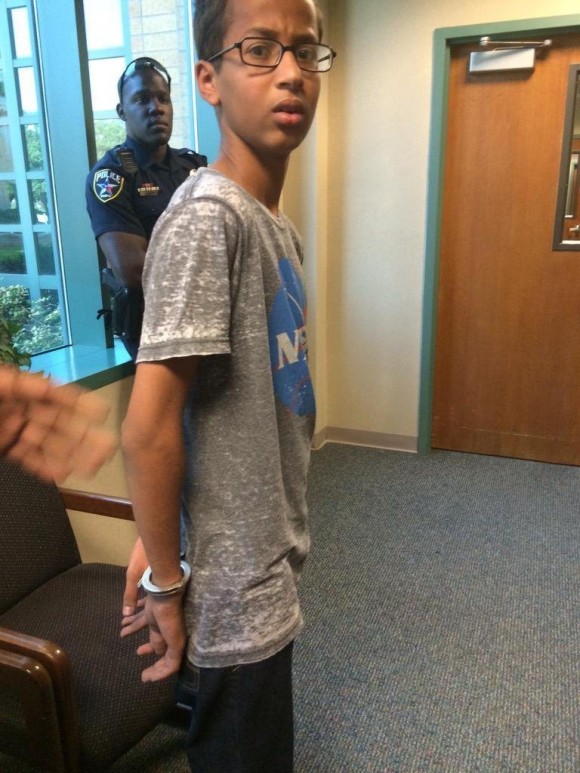The Limits of Hashtag Activism

As a result of 24-hour cable news cycle, relentlessness of the internet and ubiquitousness of social media, for better or worse, we are, in some ways, more in tune with the world than ever before. Twitter helped spur on the Arab Spring in 2011, ignite the search for Joseph Kony and the Lord’s Resistance Army, force governments to take action over #BringBackOurGirls and spread other news stories internationally quickly. In the case of the Syrian refugees, however, we see the limits of what’s become known as hashtag activism.
The Syrian refugee crisis calls for a real debate and definitive action, but can a few trending topics on Twitter spur that action? There are, in fact, definitive limits of hashtag activism.
Over the past few weeks, several hashtags concerning the Syrian refugee crisis have become extremely popular on social media sites like Twitter and Facebook, including #refugees, #wakeupamerica, #syria, #refugeeswelcome and #refugeecrisis.
While adding these hashtags to our tweets may make us feel good, like we’re doing something for the world, but it can’t stop there. In the United Kingdom, this social media activism is attempting to force Prime Minister David Cameron’s hand, and even celebrities are using their star power to the cause, but it’s unclear if there is the political will to act on that pressure.
Though they are totally different situations, the social media’s response to the Syrian refugee crisis has been similar to the response in America to Ahmed Mohammed and his clock with the #IStandWithAhmed hashtag. When people tweeted that they stand with Ahmed, it was a way to show support for this kid who had been unfairly arrested for bringing his homemade clock to school, but rather than pushing to change the (at best) stereotypical behavior that led to this situation, this bit of hashtag activism was a way for people to pat themselves on the back, a way of signaling that they are on the right side of this issue.
Let’s hope that the Syrian refugee crisis is something that we tweet about and take some sort of action to change. Though social media can be a powerful tool to spur change, tweeting is just half the battle. The way that we’ve been thinking about activism in the age of social media has to change. There are limits to social media activism.




There is always a bad side to every coin and here is this one with #hashtags and now it is activism. Instead of looking at what side of the fence people are really on to begin with, they just jump, and often to the popular side, right or wrong with many not even knowing, and yes, its a self pat on the back quite often. I am doing something without really doing something.